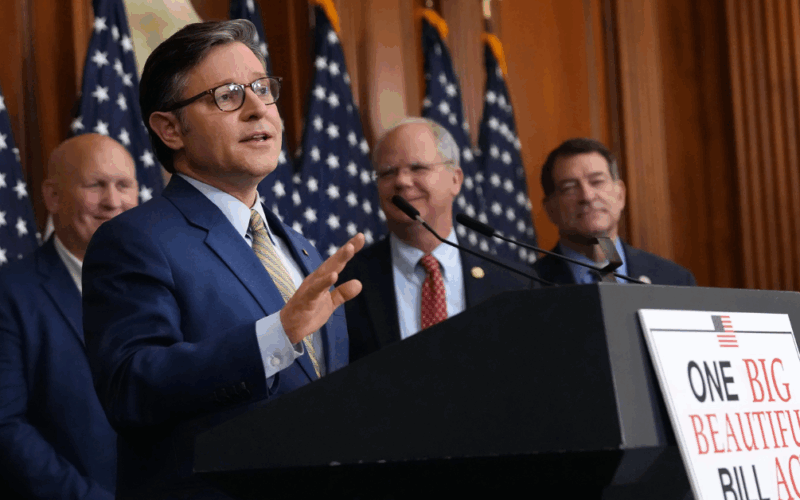The federal government has launched an investigation into how Colorado is spending money on health care services for undocumented immigrants. This move has sparked debates and concerns nationwide about state spending priorities and the treatment of immigrants in the U.S. Understanding what is at stake can help people form better opinions and stay informed.
Colorado is one of the states offering health care benefits to undocumented immigrants, aiming to provide basic medical services despite their immigration status. However, the federal inquiry questions whether the use of federal funds for this purpose is lawful or appropriate, stirring discussions about immigration policies and health care rights.
Background of the Investigation
The investigation began after the U.S. Department of Health and Human Services raised concerns about Colorado’s spending on health services for undocumented immigrants. According to CNN, federal officials are reviewing if the state properly used public funds meant for health care programs under federal guidelines.
Colorado expanded its health care coverage for undocumented immigrants during the pandemic to help control virus spread and improve public health. This included preventive care, emergency treatments, and vaccinations funded partly by state and federal money.
What Services Are Included?
The health care services provided include routine doctor visits, hospital care, maternity care, and mental health support. Local officials argue that giving undocumented immigrants access to health services benefits the whole community by preventing disease outbreaks and reducing costly emergency room visits.
State programs like Colorado’s “Accountable Care Collaborative” have been tailored to include undocumented immigrants in order to create a healthier environment overall. Information from Kaiser Family Foundation reports that states with inclusive policies see better public health outcomes and lower long-term costs.
Federal Concerns and Legal Questions
The main federal concern revolves around whether funds from programs like Medicaid or other federal health grants are being used correctly. According to the Department of Health and Human Services, some federal funds are restricted from covering undocumented immigrants, leading to potential violations.
Federal officials want to ensure that money designated for specific populations, such as citizens or legal residents, is not improperly redirected. If the investigation finds violations, Colorado could face penalties or even demands to repay federal funds, which would impact its health care programs.
Impact on Immigrants and the Larger Community
The federal investigation raises concerns among immigrant advocates who argue that denying health care access harms public health and social stability. Undocumented immigrants often live and work in communities alongside citizens, so their health directly affects everyone’s safety and well-being.
Opponents of the investigation claim that providing care reduces expensive emergency visits and helps control contagious diseases. On the other hand, critics say that undocumented immigrants should not receive benefits funded by taxpayers without legal status. This debate reflects larger national discussions on immigration reform and health care rights.
What Does This Mean for Other States?
Colorado’s case could serve as a precedent for other states with similar programs offering health care to undocumented immigrants. If the federal government tightens rules or enforces stricter guidelines, states may have to change how they allocate funds and provide services.
States like California, New York, and Illinois, which also offer expanded health care access to undocumented immigrants, are likely watching this investigation closely. The outcome could influence future policies across the United States regarding health care inclusivity and immigrant rights.
Conclusion
As the federal investigation into Colorado’s health care spending unfolds, it highlights the complex balance between immigration policies, public health, and use of taxpayer money. Both supporters and critics will continue to debate this issue, reflecting broader national tensions regarding immigration and health care access.
For younger readers and the general public, understanding these developments helps promote informed conversations about social justice, community health, and government accountability. Staying updated through trusted sources is key to following this important story.




